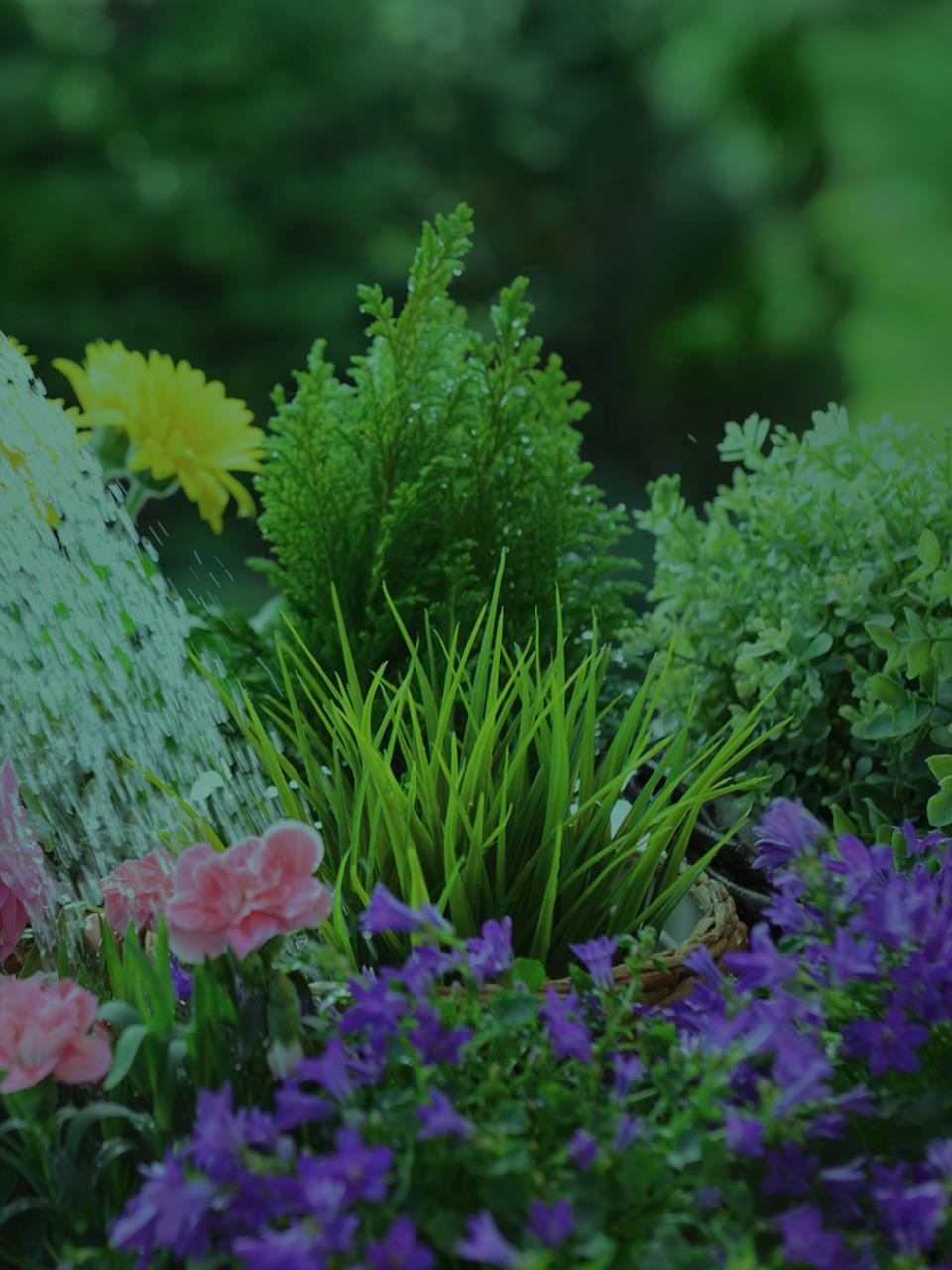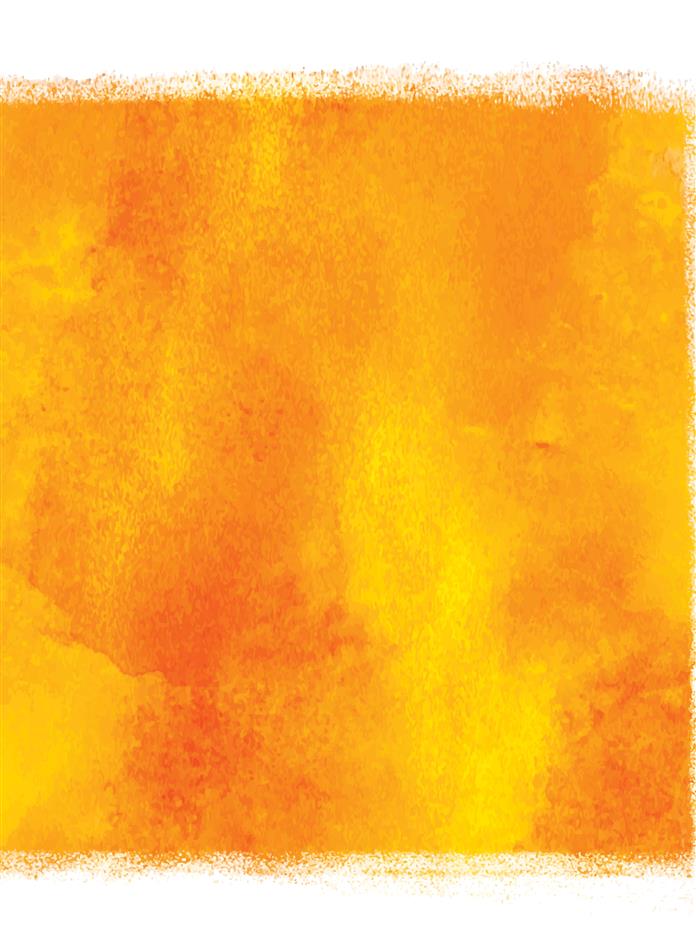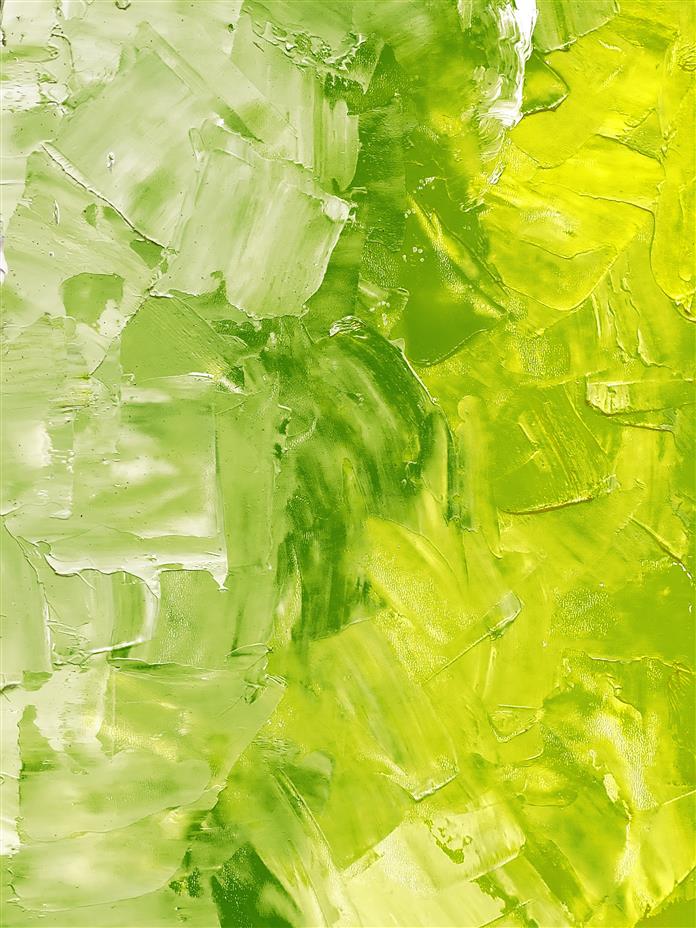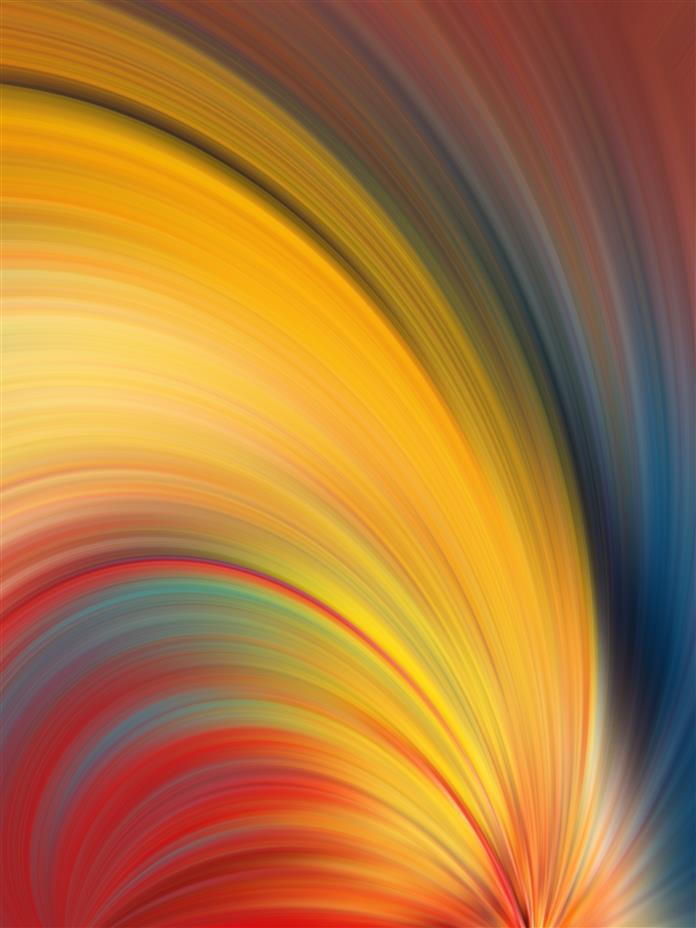
Tap to Read ➤
Anti-anxiety Herbs
Loveleena Rajeev


Anxiety is caused in individuals affected by stress or depression. This article provides information about some herbs that help in dealing with panic and nervousness naturally.

Anxiety is a state of mind which causes nervous behavior in human beings. It is normal to be anxious when one is dealing with a stressful situation. However, when anxiety becomes a daily feature in one's life and interferes with one's ability to carry out day-to-day activities, it is termed as "anxiety disorder".

The anxiety disorder spectrum includes generalized anxiety disorder, panic disorder, phobias, obsessive-compulsive disorder, post-traumatic stress disorder, separation anxiety, social anxiety, and situational anxiety.

Over 19 million people in America are affected by some form of anxiety. Although, prescription medication is usually recommended, many people have found relief in alternative medicine.

Herbs can be very helpful if one wants to opt for a natural way of dealing with this problem. Ancient medical texts recommend the use of various herbs that promote wellness in the mind and the body.

Herbs for Anxiety Relief

Herbs contain natural composition of various compounds that affect our brain, heart, and other internal organs. They have a very relaxing effect on us. Here are a few herbs that are known to help anxiety-related disorders.

1. Passion Flower
Passion flower contains active components that help alleviate occasional nervousness, anxiety, mood changes, panic attacks, depression, restlessness, and sleep disorders. It calms and soothes the mind with its sedative properties.

Side Effects
This herb is mostly safe when taken orally for a short amount of time. However, it can cause some side effects such as drowsiness, nausea, vomiting, dizziness, confusion, mood changes, irregular muscle action and coordination, altered consciousness, rapid or irregular heartbeat; and inflamed blood vessels. Although allergic reaction to this herb is uncommon, one should consult a doctor immediately if there is any itching, swelling, rash, or difficulty in breathing. The use of passion flower in large amounts is unsafe, and can cause depression of the central nervous system.

2. Valerian Root
Valerian root is a very popular natural sedative, known to relax the central nervous system (CNS). It promotes healthy sleep patterns, and also acts as a natural painkiller. Its active compound, valerenic acid, works rapidly in the body to relieve one from nervousness, anxiety, and insomnia.

Side Effects
Side effects like headache, uneasiness, sleeplessness, upset stomach, tiredness, or drowsiness may occur in the mornings. Although very rare, side effects like persistent nausea or vomiting, yellowing of the eyes or skin, dark urine, extreme tiredness, or abdominal pain may also occur. Allergic reactions may occur rarely. One should seek immediate medical attention on experiencing any difficulty in breathing; closing of throat; swelling of lips, tongue or face; or hives.

3. Chamomile
Chamomile is known for its calming and soothing properties. Its active compounds calm the nerves, which in turn, soothe the mind without causing any drowsiness. Not only is it helpful for anxiety, restlessness, tension, headaches, and insomnia; it is also beneficial to relieve colic and digestive ailments.

Side Effects
This herb is usually safe. There have been no reports of chamomile causing any common side effects when used properly. However, it may cause allergic reactions to individuals who are allergic to plants like ragweed, daisies, celery, marigolds, or chrysanthemums. One must seek immediate medical attention on noticing any allergic reactions or menstrual changes. Allergic eczema or irritation of eyes may be caused due to the use of skin creams that contain chamomile. The effects of long-term chamomile use are unknown.

4. Lemon Balm
An ancient herb, lemon balm is used to restore the health of nervous system. It reduces stress and anxiety, boosts the appetite, promotes sleep, and also reduces blood pressure. It is popularly known as a 'calming herb'. This member of the mint family helps increase the alpha wave activities associated with relaxation.

Side Effects
Lemon balm is usually safe when used for a short period. However, it may cause side effects like nausea, vomiting, abdominal pain, drowsiness, dizziness, and wheezing when taken orally; and skin irritation when used as a skin cream. Effects of its long-term use are unknown.

5. Lavender
Lavender oil is one of the most used essential oil in aromatherapy. Its scent has a very calming and relaxing effect, and is therefore, popularly used for the treatment of panic attacks. It is a natural stimulant, and is also used as a general health tonic for the nervous system.

Side Effects
Although rare, allergic reactions may occur. Constipation, headache, and increased appetite may also occur due to the oral use of this herb. Applying it on the skin may cause irritation.

6. Winter Cherry
Popularly known as Ashwagandha Root, winter cherry is a popular herb used in Ayurvedic preparations. It is used to improve focus and concentration; and to treat mental fatigue, depressed moods and anxiety. This herb contains adaptogenic properties that helps the immune system to naturally increase the body's resistance towards stress.

Side Effects
Possible side effects of the use of winter cherry are not known.

7. Feverfew
Feverfew inhibits the release of two inflammatory migraine onsetting substances namely, serotonin and prostaglandins. This helps in reducing anxiety-induced headaches. The herb also works as a relaxant to treat stress, anxiety, depression, and insomnia.

Side Effects
A few side effects like loss of taste, swelling of the lips, tongue, and lining of the mouth; and mouth ulcers have been reported because of chewing of feverfew leaves. Serious side effects like abdominal pain, heartburn, nausea, vomiting, constipation, diarrhea, indigestion, flatulence, and gas may also occur. Other side effects include insomnia, joint stiffness, menstrual changes, and irregular heartbeat rate. "Postfeverfew" syndrome may occur in patients withdrawn from feverfew.

8. Verbena
Verbena is mildly sedative, and is particularly good for people affected by nervous exhaustion and fatigue.

Side Effects
Verbena may sometimes cause allergic rash or stomach upset, but is mostly safe when used as a combination product. Research has not been carried out to study its effects when not used in combination.

9. Bugleweed
Bugleweed, a member of the mint family, is considered as a wonder herb that quickly relieves one from anxiety-related disorders.

Side Effects
This herb may cause enlargement of the thyroid gland when used for a long period. Abrupt discontinuation of bugleweed may cause an increase in thyroid and prolactin levels. Diabetes patients should use it cautiously, as this herb might lower the blood sugar levels.

10. Rhodiola Rosea
This herb has an adaptogenic property. It increases the body's resistance towards physical and emotional stress, thereby alleviating nervousness and anxiety.

Side Effects
This herb is usually safe when used orally for a short period. Its side effects due to long-term use are unknown.

11. Kava
Kava is a popular herb used for treating sleep problems and anxiety, without causing any loss of concentration.

Side Effects
This herb is very unsafe when taken orally. Liver damage has been reported even on short-term normal doses. Its use before driving or operating machinery should be strictly avoided. Side effects include nausea, dizziness, drowsiness, headache, mouth numbness, severe allergic reactions, weight loss, blood in the urine, changes in vision, enlarged pupils, lack of coordination, muscle spasm or weakness, puffy face, red eyes, dry or scaly skin, yellowing of skin or nails, and shortness of breath.

12. Meadowsweet
When meadowsweet extract is consumed in tea; it relieves headaches related to anxiety, stress, nervousness, and depression.

Side Effects
Meadowsweet is usually safe when taken appropriately. Long-term use in large amounts may cause vomiting, ringing in the ears, blood in the stool, and kidney problems.

13. Ginkgo Biloba
This herb is extensively used in traditional Chinese medicine to cure insomnia, stress, anxiety, and occasional nervousness.

Side Effects
This herb is usually safe when used in appropriate doses. However, it may cause side effects like dizziness, severe headache, constipation, irregular heartbeat, muscle weakness, restlessness, seizures, slurred speech, weakness, vision problems, and allergic reactions (to individuals who are allergic to cashew shell oil, mango rind, poison ivy, poison oak, or poison sumac). The pulp or fruit may cause irritation of mucous membranes. There have been a few reports of bleeding of eye into the brain, or excessive bleeding due to ginkgo use post-surgery.

Roasted seeds of ginkgo plant are unsafe when taken orally. Eating more than 10 roasted seeds per day can cause difficulty breathing, weak pulse, seizures, loss of consciousness, and shock. Fresh seeds of the plants are highly dangerous. They are poisonous, can cause seizures, and even lead to death.

Warning!
Pregnant or nursing women should strictly avoid the use of herbs without consulting a doctor.

Herbs are primarily supported by traditional medicine. However, one should be aware of all the side effects that can be caused. Pregnant women should especially be more careful. The hormonal changes in body may not react well to the use of herbs, and thus result in harmful consequences. As with any medicine; conventional or alternative, it's always best to consult a qualified practitioner before using any medication.

Disclaimer: This Story is for informative purposes only, and should not be used as a replacement for expert medical advice. Given side effects may not be a complete list. One must seek immediate medical attention if they experience a side effect that has not been listed above.